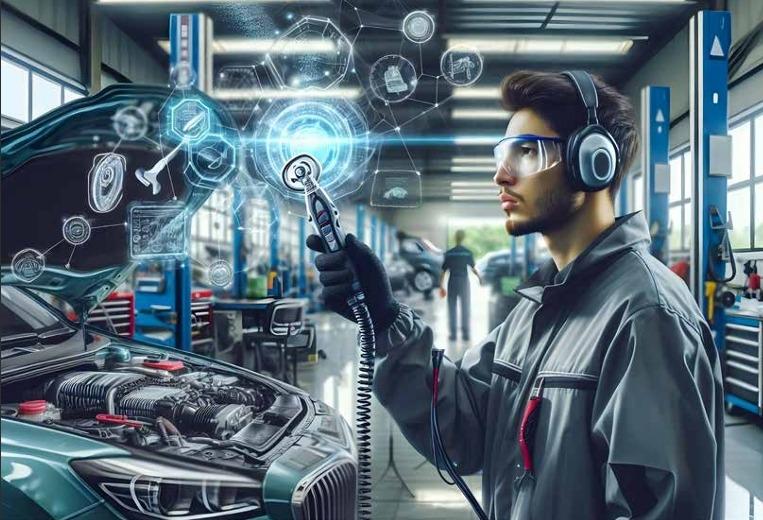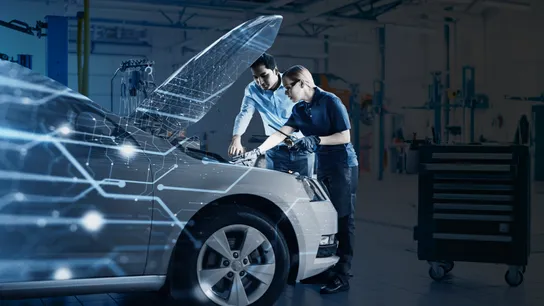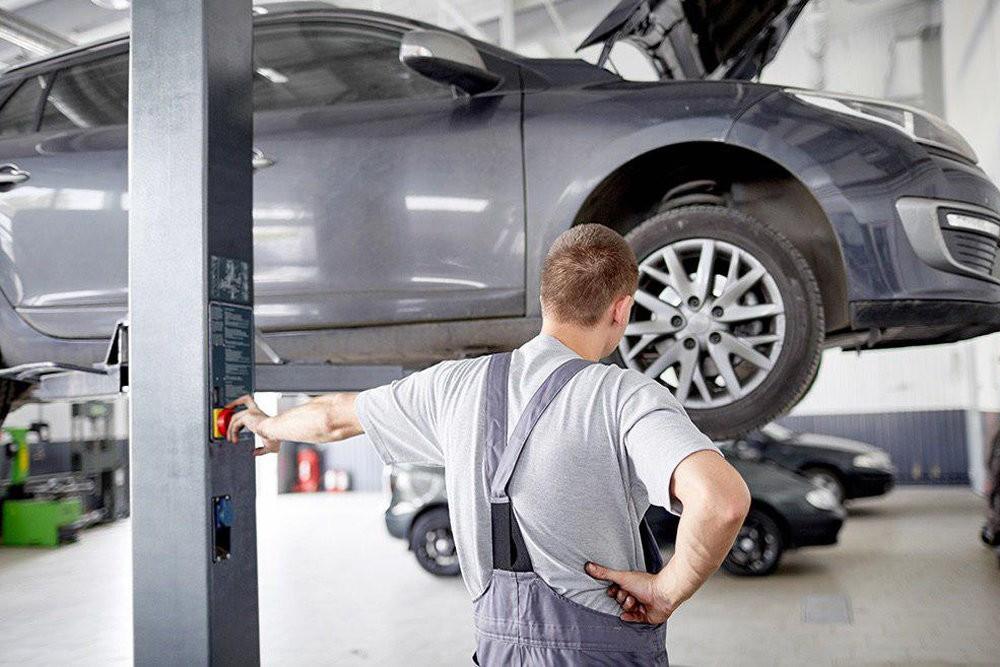The automotive service industry stands at a pivotal juncture, experiencing a profound transformation driven by rapid technological advancements. Vehicles today are increasingly complex, integrating sophisticated electronics, advanced driver-assistance systems (ADAS), and a growing array of connectivity features. This evolution demands a fundamental shift in how auto service centers operate, moving beyond traditional mechanical repairs to embrace a more holistic, tech-driven approach.
Ignoring these emerging trends is no longer an option for businesses aiming for longevity and relevance. The vehicles of tomorrow require different skill sets, specialized equipment, and innovative service models. Auto service providers must proactively adapt to remain competitive and meet the evolving expectations of modern vehicle owners, who are accustomed to digital experiences in every aspect of their lives.
Embracing new technologies is not merely about staying current; it’s about unlocking new efficiencies, enhancing service quality, and creating superior customer experiences. From advanced diagnostics that pinpoint issues with unprecedented accuracy to digital platforms that streamline scheduling and communication, technology offers powerful tools to optimize every facet of service delivery. This strategic adoption is essential for sustained operational excellence.
The transition, while challenging, presents significant opportunities for growth and differentiation. Businesses that invest in upgrading their capabilities and training their teams will be better positioned to handle the next generation of vehicles, including electric and autonomous models. This forward-thinking mindset is what separates leaders from those who risk being left behind in a rapidly changing market.
Furthermore, the shift towards data-driven operations allows service centers to move from reactive repairs to proactive maintenance strategies. Predictive analytics, for instance, can help identify potential issues before they become critical failures, enhancing vehicle reliability and customer satisfaction. This intelligent approach not only improves service quality but also builds stronger, trust-based relationships with vehicle owners.
For AvystroMera, understanding and integrating these technological shifts is paramount to ensuring our partners and clients are equipped for the future. We recognize that the landscape is dynamic, and continuous adaptation is the cornerstone of enduring success in this exciting new era of automotive care.
Key Areas of Technological Integration
-
Advanced Diagnostic Systems: These tools provide precise fault detection in complex electronic systems, drastically reducing diagnostic time and improving repair accuracy. While initial investment can be substantial, the long-term benefits in efficiency and customer trust are clear.
-
Electric Vehicle (EV) Servicing: As EVs become mainstream, specialized equipment and training for high-voltage systems and battery management are critical. The limitation is the need for a completely new skill set and dedicated infrastructure, but it opens access to a rapidly expanding market segment.
-
Digital Customer Engagement Platforms: Utilizing apps for booking, service updates, and transparent communication elevates the customer experience. The challenge lies in seamless integration with existing systems and ensuring data security, yet it fosters loyalty and operational transparency.
Navigating the Technological Frontier
Expert opinions consistently highlight that the biggest hurdle in technology adoption isn't the technology itself, but the organizational willingness to change and invest in human capital. Many argue that a lack of skilled technicians capable of working with advanced systems is a more pressing concern than the cost of new equipment. Continuous training programs are therefore not just beneficial, but absolutely essential for maintaining a competent workforce.
There's a strong consensus that data analytics will become the backbone of modern auto service. Collecting and interpreting vehicle data allows for personalized service recommendations, predictive maintenance, and optimized inventory management. However, some experts express concerns about data privacy and the ethical implications of extensive data collection, emphasizing the need for robust security protocols and transparent data usage policies.
Another point of discussion revolves around the pace of adoption. While some advocate for aggressive, swift integration of the latest technologies, others suggest a more measured approach, prioritizing foundational digital tools before moving to highly specialized systems. The argument for a phased implementation often centers on managing costs and ensuring staff can effectively absorb new knowledge without being overwhelmed, maintaining service quality throughout the transition.
The debate also touches upon the balance between proprietary systems and open-source solutions. While vehicle manufacturers often push their own diagnostic tools and software, independent service providers seek more universal, interoperable solutions. This tension underscores the need for industry standards that allow for fair competition and broader access to essential diagnostic information, benefiting both service centers and consumers.
Ultimately, the successful integration of new technologies requires a strategic vision that extends beyond immediate operational needs. It demands an understanding of future vehicle architectures, evolving customer expectations, and the competitive landscape. Companies like AvystroMera are committed to helping service centers navigate these complexities, ensuring they are well-prepared for the opportunities and challenges ahead.
Looking Ahead: Strategic Imperatives
The journey to future-proofing an auto service business is continuous, not a one-time project. It requires ongoing investment in technology, relentless focus on workforce development, and a culture that embraces innovation. Businesses that proactively anticipate and adapt to these shifts will not only survive but thrive, setting new benchmarks for service excellence and customer satisfaction.
Strategic planning must incorporate a long-term view, understanding that today’s emerging technologies will be tomorrow’s standard. By fostering a learning environment and prioritizing adaptability, auto service providers can build resilient operations capable of navigating the dynamic automotive ecosystem for decades to come. This proactive stance is key to sustained operational vitality.



Comments 6